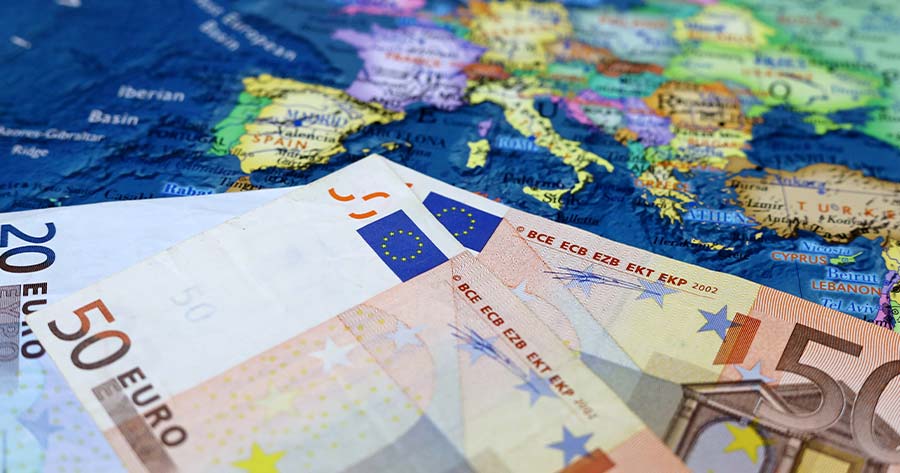According to preliminary data from Eurostat on Wednesday, the eurozone economy displayed an unexpectedly strong performance in the first quarter of 2025, expanding by 0.4%.
This growth rate exceeded the predicted 0.2% increase that Reuters economists had anticipated, following a revised 0.2% growth in the final quarter of 2024. Despite ongoing global tariff tensions, the eurozone showed resilience amidst economic uncertainties.
In the first three months of the year, Germany experienced a 0.2% GDP increase, while France’s economy grew by 0.1%. Southern Europe and smaller economies outpaced these figures, with Spain and Lithuania both achieving a 0.6% GDP rise, and Italy’s economy growing by 0.3%.
Furthermore, Ireland’s GDP, known for its volatility due to the high proportion of multinational companies, showed a substantial 3.2% growth.
According to Franziska Palmas, a senior Europe economist at Capital Economics, the recent GDP figures indicate that the eurozone economy began 2025 with more strength than activity surveys had previously implied.
However, future growth is expected to slow sharply due to new U.S. tariffs imposed in April, which are likely to constrain economic activity. The anticipated fiscal stimulus in Germany is expected to influence growth more significantly in the following year.
Despite efforts by the European Central Bank (ECB) to stimulate growth by lowering interest rates, economic progress in the eurozone remained sluggish throughout 2023 and 2024. Earlier this month, the ECB reduced its deposit facility rate to 2.25% from a peak of 4% in mid-2023.
The ECB’s forecast in March predicted a 0.9% growth for the eurozone in 2025, slightly down from January’s expectations, with further updates expected in June. Christine Lagarde, President of the ECB, highlighted that while the disinflationary process is progressing well, external shocks could hinder economic growth.
The European Union (EU) is currently dealing with broad 20% trade tariffs imposed by the U.S. Meanwhile, these tariffs, along with levies on other countries, have been temporarily halted until July to allow for negotiations.





